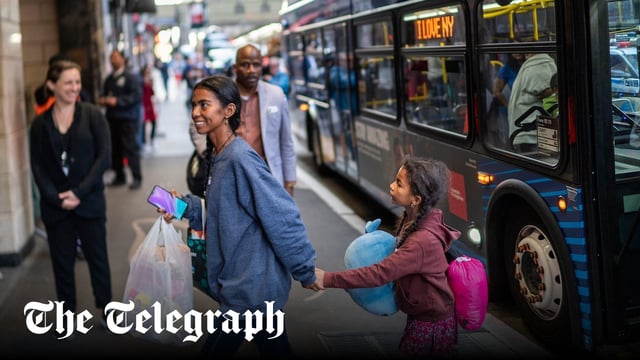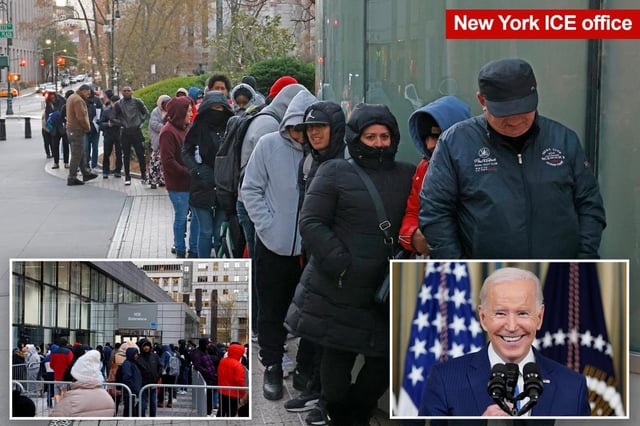Overview
- The Biden administration is preparing to roll out an ICE mobile app in early December in New York City, allowing migrants to check in remotely instead of attending in-person appointments.
- Critics argue the app, described as unreliable during pilot testing, could make it harder to track migrants and enforce deportation orders due to limited GPS data collection and lack of integration with ICE's existing systems.
- The program's initial phase reportedly plans to enroll up to 100,000 migrants, with concerns that it may enable individuals to evade federal authorities more easily.
- New policies also include allowing migrants to appeal electronic tracking measures, such as ankle monitors, potentially creating administrative burdens and reducing oversight.
- Experts warn that reversing these last-minute policy changes may face procedural and legal hurdles, complicating efforts by the incoming Trump administration to reinstate stricter immigration enforcement.



